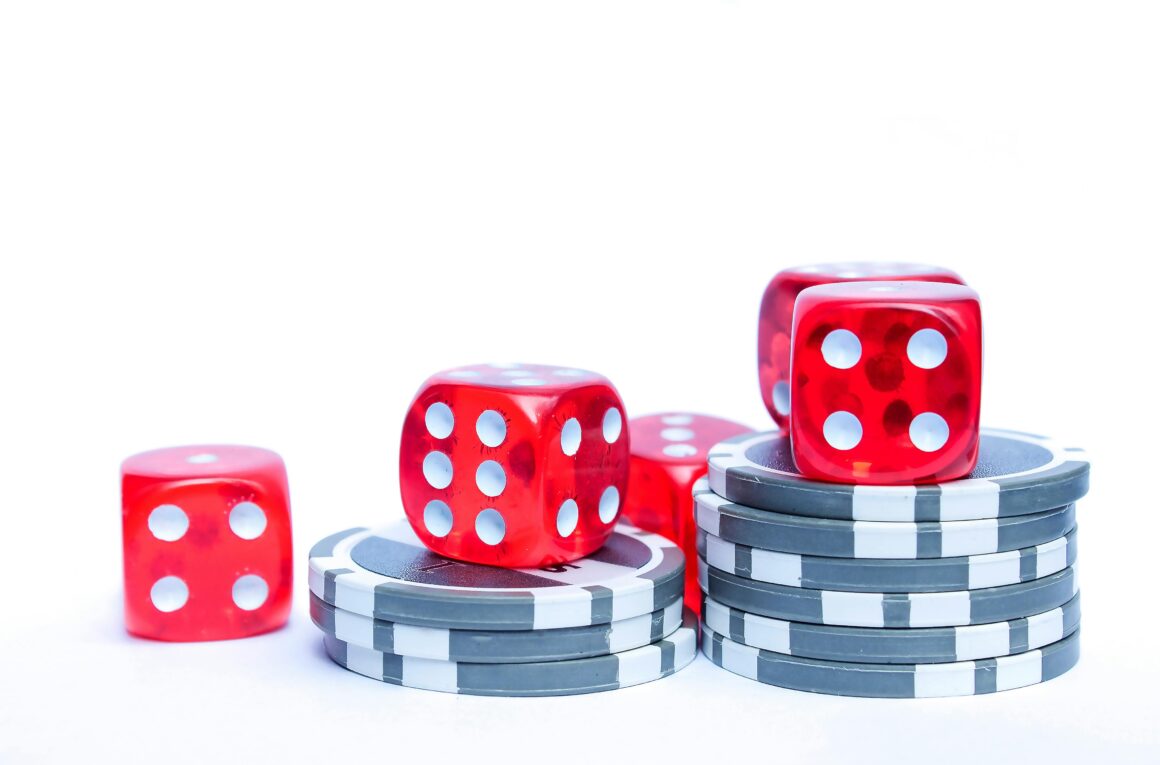In an age defined by upheaval and turmoil, abstaining from political involvement can seem like the exclusive path to maintaining a shred of sanity. However, there is merit to what online “social justice warriors” have been expressing about willful ignorance – that it is the most implicit yet toxic expression of privilege known to the hemisphere of Western activism.

Before even delving into the bulk of this debate, it should be duly noted that taking a mental health break from politics is completely acceptable, if not encouraged at times. With ceaseless headlines declaring the latest erosion of democracy, violation of constitutional rights, and outcry of declining hope in war-torn countries, there is plenty of validity in feeling the need to unplug and insulate oneself from the nihilism which majority of this generation seems to have fallen prey to– particularly at such a bleak time when progress seems to be fading from the horizons.
However, there is an important caveat: it must be acknowledged that for many individuals – too many, to be candid – this simply isn’t a choice, because their entire existence has been politicized and every aspect of their lives non-consensually fused into public policy. What I mean by this is that in countries all over the world, and even in our own comfortable liberal democracies, massive populations of people have no choice but to tune in. They have no agency over what amount of attention should be allotted to trudging tirelessly through the assault on mental stability that is the modern news cycle, because they live in constant fear of the next hawkish policy, the next populist president, the next upending of the rights their safety is dependent upon.
These people are the teenagers who felt obligated to march for their lives after they witnessed fellow classmates die from blood-curdling gunshots. They are the black individuals who stay home during police-guarded rallies because they’ve witnessed black bodies fall without cause at the hands of law enforcement. They are the women shoving themselves into the limelight to share painful stories following US states’ decision to upend the reproductive rights of both themselves and their fellow sisters. It could even be soybean farmers implicated in a growing trade war, who now fear a tightening economic noose around the businesses their livelihoods are directly tied to.
All of these vulnerable victims have been forcibly molded into political pawns, punchlines, people whose existence is manipulated to boost votes or gain profit, who glue their eyes to the screen every time a breaking headline makes its rounds in the political hemisphere. Because if they don’t, they might wake up the next morning and be taken aback by a grim new world, one in which their validity has somehow further declined because of a new ban, a new nominee, a new existential threat. This does not even mention those who have little to no access to free, reliable press, and cannot be informed even if they desired to.
Someone once said that in the age of information, ignorance is a choice. It pains me that so many of us are making that choice today, that we are choosing to tune out and reduce the chaos around us to white noise, that we are choosing to stay home during protests and marches because it seems out-of-character to have an opinion, that we are, effectively, choosing ignorance.
Yes, it’s exhausting to be on alert all the time, or to stay up-to-date with the barrage of current events bombarding your timeline, or to show up with signs and a dominant voice every time a rally occurs. No one genuinely enjoys doing these things, they do them out of necessity and often, out of fear of what would happen if they don’t.
Just like how majority-race groups can go about their day without dread of racial discrimination, and cis men don’t fret over the gender-based barriers society has erected against them, many of us inadvertently take the optionality we enjoy with no recognition of those who are deprived of it.
The next time you say “I don’t want to pick a side,” “I don’t want to get involved,” “I don’t really care for politics,” please recognize that you are exercising a privilege, probably without meaning to. Recognize that somewhere in the world, there is a Muslim woman in China waiting eagerly for international pressure to put an end to the grueling internment camps she is bound to be imprisoned in; there is a Venezuelan husband urging people to vote out the current president, whose travel ban has prohibited the reunion with his wife; there are millions of teenagers forgoing their own education in order to crusade for their seemingly doomed futures. Recognize that these people had effectively no say in their circumstances, and they are rallying just to have the same sense of security that you have always been able to relish.

So yes, the news can be incredibly disheartening, getting involved in politics can take a mental toll, and participating in social activism can pass you off as an annoying “snowflake.” You can make these decisions out of your own volition, no one is here to guilt or pressure you into picking up the slack. But, I implore you to note just how much more diminished the opportunity cost is for you to do so than many others, and to take a minute to acknowledge the vantage point from which you are able to see the world. Not everyone can enjoy the pretty views up there, not everyone can just “be neutral,” and unfortunately, not everyone lives an apolitical existence.
Photo: Markus Spiske via Pexels




